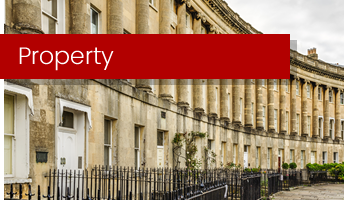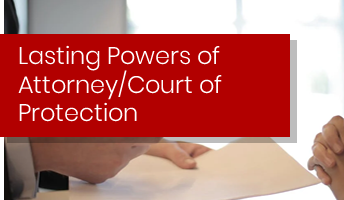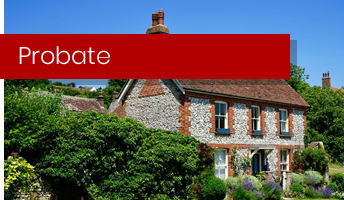Trusts
Trusts
A trust is a legal arrangement whereby property (such as land, money or other assets) are held by one or more people ("trustees") for the benefit of other people ("beneficiaries").
It is the responsibility of the trustees to manage the trust, and carry out the wishes of the person who created the trust (the "settlor").
Generally trusts are created by a legal deed within which the settlor will state what it is they want the trust to accomplish together with who the trustees and beneficiaries are.
There are a number of reasons why trusts are set up:-
- To control and protect family assets - perhaps to avoid losing assets if a beneficiary may have matrimonial or financial problems, or perhaps the beneficiary is unable (due to mental capacity issues or indeed reckless ways) to have direct access to the money/assets.
- To retain a degree of control over the assets in question - it may be the settlor is happy to allow a beneficiary to use and enjoy the asset, but does not wish to relinquish full ownership to them (e.g. the family home).
- Either to pass on money/property while the settlor is still alive, thereby potentially eliminating tax liabilities now or in the future, or to pass on money/assets when the settlor dies under the terms of their Will (known as a "will trust").
There are many types of trusts, which are used for many different reasons, some of the most common are:-
i) The life interest/interest in possession trust - this type of trust is where one or more beneficiaries are entitled to the trust income as it arises, or in some cases the right to use the assets in the trust (such as a property) for a period defined in the trust deed, but the capital in the trust is held for someone else.
ii) The discretionary trust - in this type of trust no one beneficiary has the right to receive the income or capital in the trust and which beneficiary or beneficiaries benefit, and to what extent, is decided by the trustees exercising their discretion.
iii) A bare trust - also known as "simple trusts", and in this type of trust the beneficiary has an immediate and absolute right to both the income and capital in the trust, and can call for it at any time.
Once the trust has been established, and registered with the Inland Revenue (if applicable) there are a number of ongoing obligations for the trustees:-
- To the beneficiaries of the trust by protecting the trust property, keeping a careful eye on investments and making payment of the income/capital to the beneficiaries in accordance with the trust deed.
- To deal with the various taxation issues of the trust, not only on the establishment of the trust, but also during the life of the trust (e.g. trust tax returns), and also when payments are made to beneficiaries.
- To comply with the trustees obligations as laid down in legislation and act within the scope of powers granted to the trustees within the trust deed.
As the above shows although trusts are extremely useful and flexible arrangements which can be set up for a number of reasons, careful thought and advice needs to be taken when considering whether a trust is suitable for your needs. At Burningham and Brown we advise on all types of trusts from the initial drafting of the trust deed, the tax implications of the trust for you and the beneficiaries, and can if required administer the trust on your behalf.
Latest News
23-11-2023 -
Please note that the last date for Property Completions before the Christmas Holiday Period will be Wednesday 20th December 2023.
...15-12-2022 -
Money Laundering is the process by which the proceeds of crime, and the true ownership of those proceeds, is changed so that it appears to come from a legitimate source.
21-11-2022 -
It is with great sadness that we announce the death of our former Senior Partner, Brendan Perry, on 9th November 2022. He was a greatly respected member of the Legal Profession ...
Burningham & Brown is authorised and regulated by the Solicitors Regulation Authority - SRA Number: 8000096









